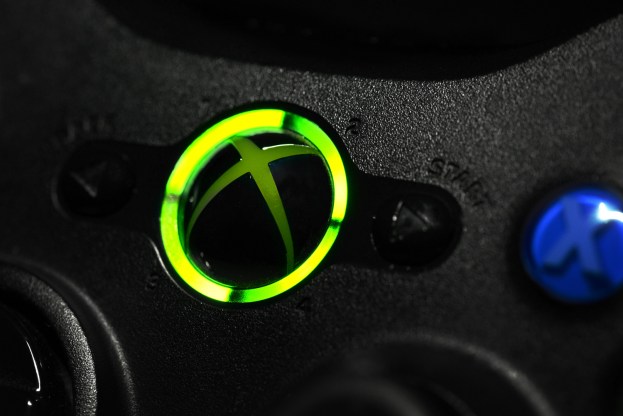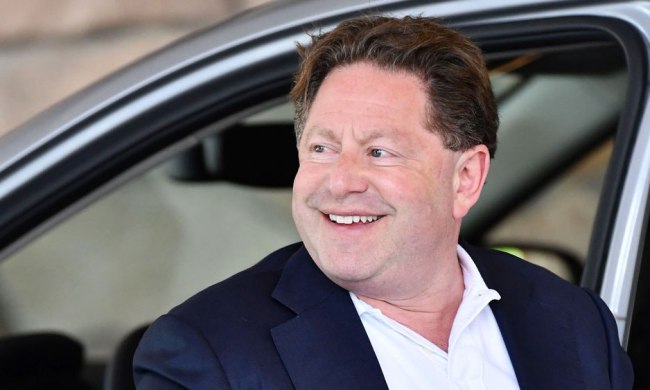
For a console that doesn’t officially exist yet, the Next Xbox has gotten a lot of press in the past two months. Whether it’s rumors about the machine’s role as a nucleus for Microsoft burgeoning television business or its potentially aggressive, subscription-based pricing, the heir to the Xbox 360 throne is commanding the gaming industry’s attention in absentia. It’s even costing people their jobs. Adam Orth, the Microsoft Studios creative director that seemingly (and belligerently) confirmed that the Next Xbox would need a persistent Internet connection to work, has left Microsoft.
Game Informer’s Mike Futter reported on Wednesday that according to sources within Microsoft, Orth is no longer an employee with the company. Checks with the company’s phone directory seem to confirm his departure.
Word is that Orth resigned from his post in the wake of last week’s dust up on Twitter when the developer glibly suggested that potential customers not pleased with the Next Xbox’s connectivity requirements “deal with it.” And thus a new Internet meme was born. In the resulting dust up, Microsoft issued an apology via Larry “Major Nelson” Hyrb’s official Xbox blog.
“We apologize for the inappropriate comments made by an employee on Twitter yesterday,” reads the statement, “This is not a spokesperson for Microsoft, and his personal views do not reflect the customer centric approach we take to our products or how we would communicate directly with our loyal consumers.”
Microsoft, of course, concluded by saying that it had no comment regarding its “product roadmap.”
It should be noted that for however glib and dismissive Orth’s statements were, at no point did he claim to be speaking on behalf of Microsoft itself.
While it is a shame that a few personal tweets from a 13-year veteran of the gaming industry cost him his job, it’s perhaps an indicator of a bigger problem that Microsoft may be facing. The news of Orth’s tweets circulated so quickly primarily because they were seemingly confirming the always-on status of the console – the rudeness was just secondary. If that sentiment continues, Orth losing his job may be the least of Microsoft’s problems.


